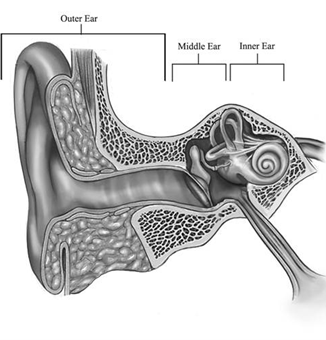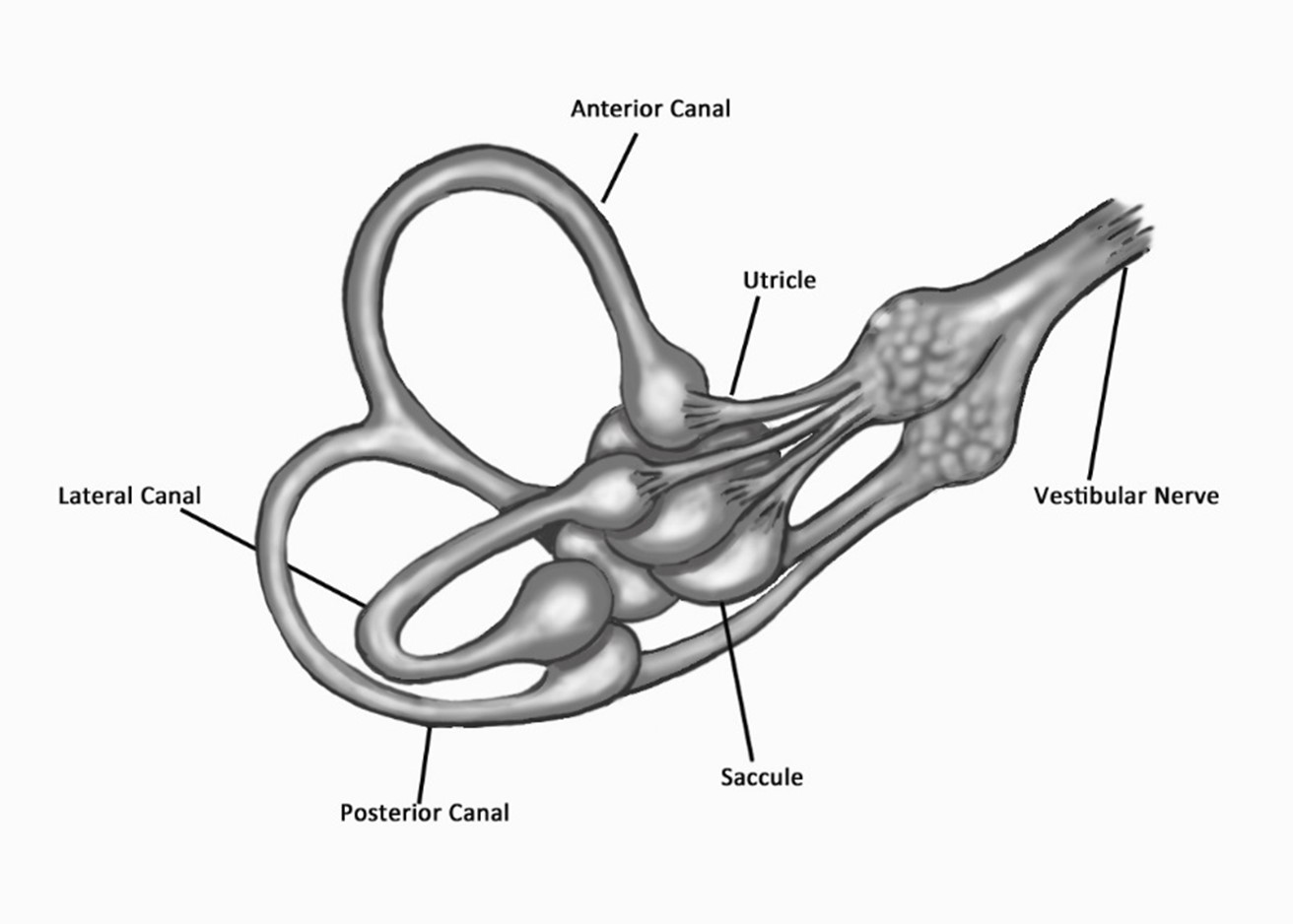As the Olympics comes to a close this weekend, we applaud all of the athletes who have pushed themselves to the extreme for a chance at a medal and to make their home countries proud. I try to catch one event from each sport, but my all-time favorite sport to follow is women’s gymnastics. I am blown away by the talent, skill and what appears to be an anti-gravitational element to each of the gymnasts I watch compete. Watching them flip through the air multiple times during a floor routine and land gracefully - while also being able to walk in a straight line – amazes me. Although these gymnasts and other athletes have trained for much of their lives to reach that level of skill, they also have two anatomical elements to thank for their success: their ears!

The ears don’t get nearly as much credit as they should during Olympic events, but they are a major part of why each participating athlete stays aligned, afloat and upright; not to mention allow the athletes to hear their teammates, encouragement from the crowd, and any other sound signal involved in their events.
Let’s start with how our ears keep us upright. The body’s balance system is located within our inner ear and it’s called the vestibular system. The vestibular system is made up of three semicircular canals and two organs: the utricle and the saccule. The semicircular canals are filled with fluid and tiny hair cells. When we rotate or nod our head, the fluid rushes over the hair cells which send signals to our brain that we are shifting positions.
There are also fluid and hair cells within the utricle and saccule, but the hair cells have extremely small crystals on them that, when moved by the fluid, signal if we are moving in a straight line, up or down, and where we are in relation to gravity; if we are upright, laying down, or upside down. If the vestibular system is working properly, both inner-ears will send symmetrical impulses to the brain.

If there are issues within your vestibular system, you could experience one or several of the following symptoms: dizziness, vertigo, severe headaches, disorientation and falling. For those who have been following Olympic gymnastics this year, we have become more aware than ever how disorientation can be dangerous. “Greatest of all time” gymnast Simone Biles dropped out of several of her final events due to a case of the “twisties”, or what gymnasts call the sensation of losing the “sense of space and dimension in midair” and being unable to know up from down. There are several theories for what causes the twisties and why they occur, but some healthcare professionals believe that high stress can cause the athlete to misjudge brain signals from the sensory (eyes) and vestibular systems, even after practicing a skill hundreds of times.
Although losing balance and falling is riskier for gymnasts due to the height and momentum of their routines, they can be scary for anyone, but particularly for older adults. A study by Johns Hopkins determined that even mild hearing loss triples the increased risk of falls among older adults.1 As the population ages, so does the prominence of presbycusis, or age related hearing loss. Trouble hearing can be an indicator that something is wrong in the vestibular system and should be addressed with a hearing care professional right away. As one advances in age, falls can be life threatening.
Our hearing is an indicator of our well-being. For those with difficulty hearing, so much of the world and people around us are shut out. This includes sounds that may indicate that we are in a dangerous spot, such as a car approaching while we cross the street, a smoke alarm, or a siren from an emergency vehicle. Hearing loss is treatable with hearing aids and can reduce the risk of falls, depression, and even our risk of dementia.2
Even if you’re not trying to win a gold medal, taking care of your ears and hearing can keep you vital and engaged with the people and activities that you enjoy the most. If you have any questions about your hearing health, suspect that you have hearing loss, or have trouble balancing, don’t hesitate to contact a professional today.